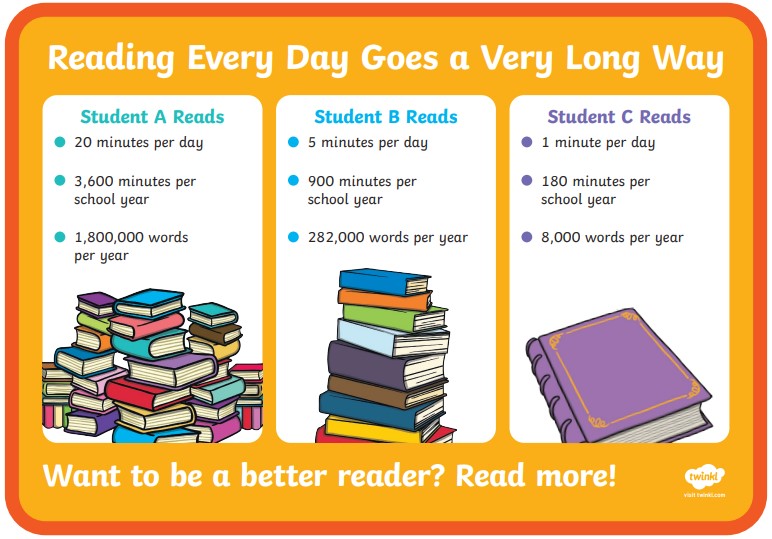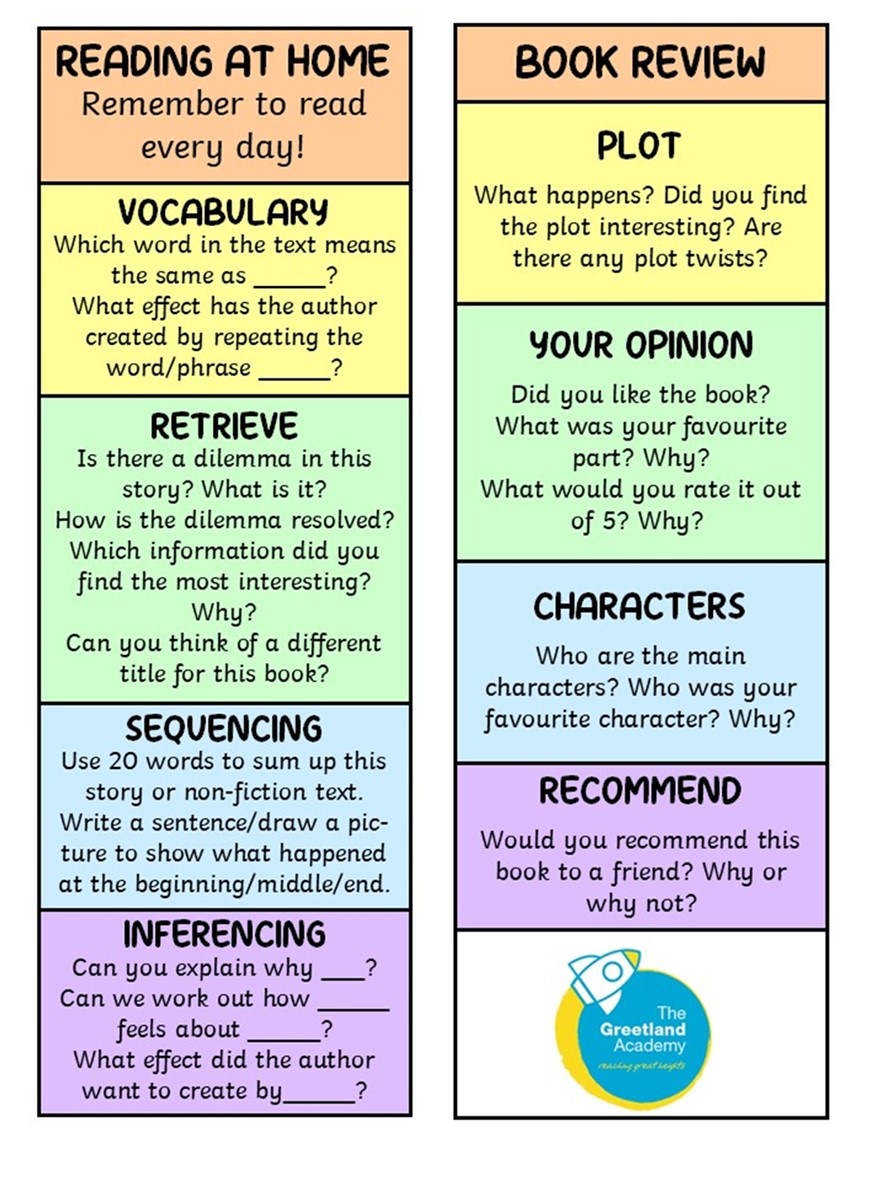Supporting Learning At Home
Reading At Home Little Wandle Phonics Books:
Little Wandle Letters & Sounds Revised have a helpful section on their website for Parents. You can find lots of guidance on the parent section along with helpful videos that demonstrate how you can support at home. There are videos to help with the pronounciation of the sounds that are taught in school and guidance to support you with how we form each letter correctly, understanding of “tricky words” and the difference between the two types of book that your child will bring home each week.
Click on the link to get access to the Little Wandle website: https://www.littlewandlelettersandsounds.org.uk/resources/for-parents/
There are now flashcards available for you to buy and use at home should you wish to. The Harper Collins website has a link to the cards along with helpful videos that explain how you can use the cards to play games at home to support your child further.
Click on this link to browse the flashcards and support videos: https://collins.co.uk/pages/little-wandle-at-home
Reading at Home Big Cat Collins Books:
At the Greetland Academy we value reading and know how important it is for future success. We have invested in new books for reading which are organised to ensure your child is reading a book at an appropriate level. If children are accessing phonics books, these are carefully matched to their secure phonics knowledge to ensure they are fully decodable. We have structured our reading sessions so each child will be reading in school three times a week with an adult and will focus on the same book for these sessions. Depending on the length of the book your child is reading this will run over 1 or 2 weeks therefore the book we have been reading in school will be sent home weekly or fortnightly. Please don’t worry if that book seems too easy, your child should be able to read the practice book with developing confidence and fluency without any significant help. Speed and fluency are the key skills children need to develop in order to comprehend.
We ask that you read or listen to your child read daily and a note can be added into the reading record each time this is completed.

20 minutes of reading a day exposes children to a vast quantity of words

Here are some comprehension question prompts to help at home. You could also complete a verbal book review together.
Homework at The Greetland Academy
In response to a survey of parental opinion the following approaches to homework were agreed with our Pupil School Council in September 2019:
Reception and Year One: Reading books are sent home once children can blend at school. Please can children read daily to an adult, this can be recorded in the Reading Record which is sent home with the reading book.
Year Two: One short piece of maths homework linked to the work that week and reading at least 5 times a week.
KS2: One short piece of maths that is differentiated either as a worksheet or through an online link, times table practise through TT Rockstars and reading at least 5 times a week.
Year Six: In addition to the above, Year Six will also have one short piece of grammar homework to prepare them for the end of KS2 assessment. We also purchase a revision guide for every child so that they can carry out further independent study.
Whole School: For each half term holiday (October, February and May), teachers will set an optional project-based piece of work linking to what the children have been doing in subjects other than Maths and English. How these projects are presented will be totally up to your child as the School Council felt it was important to allow everyone to demonstrate their learning through the medium that they wish to do so. If a child does complete a project, they will be rewarded with the class reward system. These projects will be shared with the children at the start of the half term so that there is plenty of notice as the Council recognised that families may go on holiday over the half term breaks.
For our Christmas and Easter holidays, our School Council recognised that these are key points in the year when families get together so there will be no homework set. Instead, the School Council have come up with a list of suggested activities for our children to do with their family and friends. These will be stuck in the homework books and space left if you wish to stick in some photos of what you have been up to. These will be used to promote discussion in class when they return from the holidays.
Our Use of Seesaw
Seesaw is an online platform for student engagement and parental involvement. It inspires pupils to do their best. Children at the Academy use a range of digital tools to create and share their work and capture their learning in a personal portfolio. Teachers create and manage activities to challenge pupils and share achievements with their parents.
Seesaw is our main means of communication with parents. It is designed to share and celebrate learning. It helps teachers to capture the learning process and provides parents with a window into the classroom so they can support learning at home. Every child has an individual account and we would like all parents to link to these to receive regular updates about progress and achievement plus class, year group and school news. There will be at least one ‘Principal’s Message’ per half-term. All letters to parents, excepting those requiring signed consent, will be posted on Seesaw. If a parent cannot access Seesaw they should inform the main school office.


